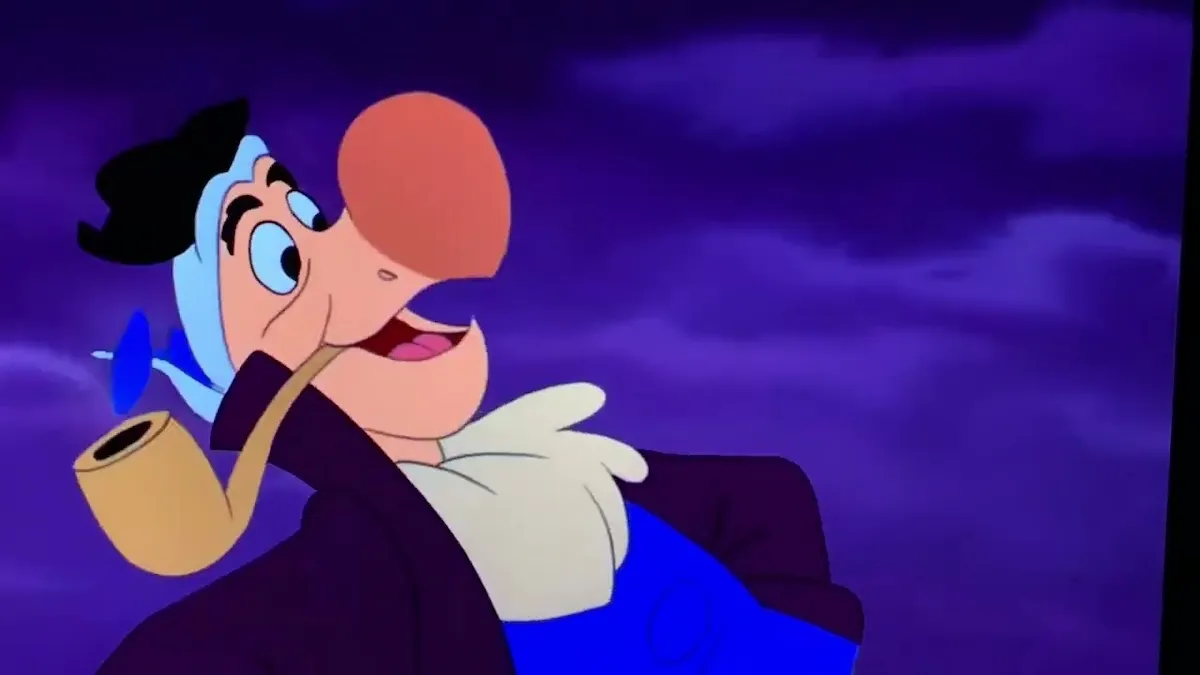A recent study published in the Proceedings of the National Academy of Sciences aimed to look at the physical effects of breaking the circadian rhythm — the cycle of light and darkness that synchronizes the “internal clock” of creatures. For those living on planet Earth, our bodies (and those of plants and other animals) use the 24-hour day to regulate body functions. But our modern lives have prevented this rhythm from running our lives. From the report:
Over the past 100 y, especially with the advent of electric lighting, modern society has resulted in a round-the-clock lifestyle, in which natural connections between rest/activity cycles and environmental light/dark cycles have been degraded or even broken. Instances in which rapid changes to sleep patterns are necessary, such as transmeridian air travel, demonstrate negative effects of acute circadian disruption on physiology and behavior. However, the ramifications of chronic disruption of the circadian clock for mental and physical health are not yet fully understood.
For this experiment, scientists put several mice on a 20-hour day schedule, with 10 hours of light and 10 of darkness and observed the results.
Within weeks, the augmented cycle mice showed increased weight gain, though not from an increased intake of food. While the mice were free to eat as much as they wanted, their intake was monitored and showed no great disparity between the control mice and the mice involved in the experiment. Instead, it’s believed that their metabolism greatly slowed down as a result of their new schedules.
The mice in the experiment also began to show some changes which might be called “emotional.” For instance, they displayed less hesitancy when moving into unfamiliar spaces compared to the control mice. And perhaps most distressing, the mice living a 20-hour day showed difficulty with learning new tasks. They learned to navigate a maze filled with water, where the mice had to swim to find a raised platform, but showed great difficulty in adapting to it after scientists moved the platform to a new location.
All of these effects were apparently in line with observable physical changes in the mice’s prefrontal cortex, the area of the brain linked to learning, adaptation, and emotional control.
While it is tempting to shout, “breaking your circadian rhythm shrinks your brain!” the human implications of the experiment can only be guessed at right now. And the authors at the I Can Has Science? blog point out:
Other research has already linked sleep deprivation to mental and physical health problems, so it’s a little unclear if this study shows an inherent need for a 24-hour day, or if it just illustrates a new way of making mice sleep-deprived.
(PNAS via I Can Has Science?, image via Wikimedia)







